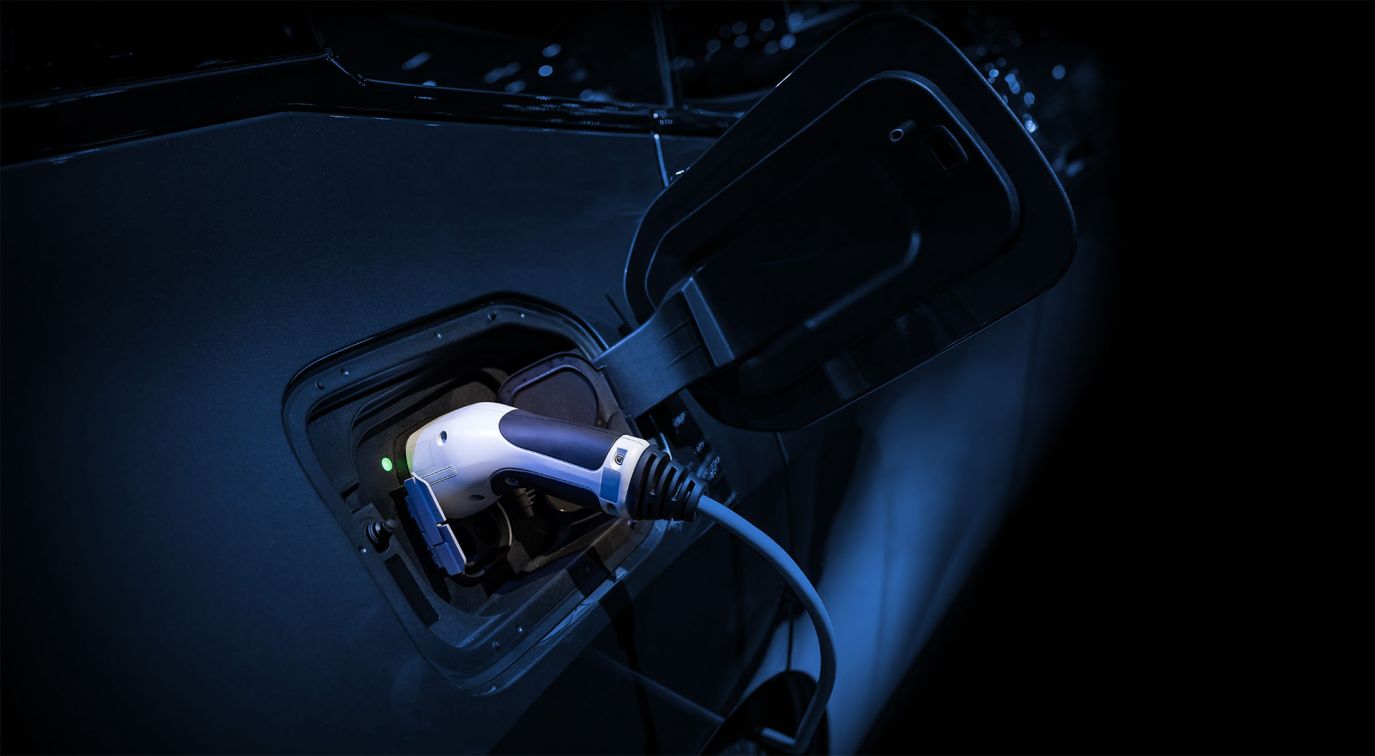China’s Overcapacity Risks Strain US-China Relations and Global Economy

Pamir assesses that strong disagreements between Washington and Beijing will persist on the risks China’s excess capacity poses to US-China relations and the global economy.
On 4 April, US Treasury Secretary Janet Yellen arrived in China for her second visit to the country in less than a year. On 8 April, in a press conference held in Beijing the day before her return to Washington, DC, Secretary Yellen remarked that she had “productive, direct, and extensive meetings…with China’s economic leadership.”
At the 8 April press conference, Secretary Yellen highlighted three areas – China’s excess capacity due to its macroeconomic imbalances, illicit finance, and financial crisis prevention – where the two sides have “made significant progress” during her visit.
- Secretary Yellen stated that she and Chinese Vice Premier HE Lifeng have “agreed to launch intensive exchanges on balanced growth in the domestic and global economies.” Nonetheless, Secretary Yellen said that she was “particularly worried about… China’s enduring macroeconomic imbalances….” She specifically mentioned electric vehicles (EV), lithium-ion batteries, and solar as areas where those imbalances are especially severe, resulting in excess capacity, and stated, “China is simply too large for the rest of the world to absorb this enormous capacity.”
- Secretary Yellen added that the US is “expanding cooperation with China in our shared work against illicit finance.” She said, “Weaknesses in financial regulatory regimes abroad,” including China, have provided “an avenue for financing for malicious actors that can harm Americans and our national security.”
- Secretary Yellen further announced that the two governments will “continue a series of financial technical exchanges” to prevent financial stresses, such as large bank failures and debt distress in emerging markets, from turning into global crises.
Secretary Yellen also stressed that companies and banks, including Chinese ones, “will face significant consequences” and risk US sanctions if they “provide material support for Russia’s war” or “facilitate significant transactions that channel military or dual-use goods to Russia’s defense industrial base.”
- She added that the US “would welcome transparency” from China “on its national security actions and greater clarity on where it sees the line between national security and economic issues,” with the aim of providing “greater stability” to the bilateral relationship and “bolster confidence for firms doings business with” China.
China has denied that its excess capacity poses risk to other countries and the global economy. Chinese Vice Minister of Finance LIAO Min said that China’s production capacity is the result of “global industrial division of labor and market demands.” Liao added that given estimates by the International Energy Agency that global demands for EVs and solar power will rise significantly by 2030, China’s capacity will help meet the rising demands. He further stated that China’s capacity helps global efforts deal with climate change and accused the US of escalating “green protectionism.”
Notwithstanding statements by Chinese officials, Chinese economists agree with their foreign colleagues that China’s dominance in the new energy sector has created “China shock 2.0.” According to Chinese reporting:
- Exports of Chinese EVs, lithium-ion batteries, and solar panels jumped 29.9% in 2023, reaching a record high of approximately $151 billion.
- In 2023, China produced 630 Gigawatt hours (GWh) of lithium-ion batteries (70% of the world total) and 200 GWh of energy storage lithium-ion batteries (more than 90% of the world total).
- Also in 2023, China produced 9.58 million EVs. Of the 14.65 million EVs sold around the world, 64.8% were sold in China. However, China’s EV exports also jumped 77%, reaching 1.2 million.
- China possessed more than 80% of the global solar power equipment capacity in 2023.
China’s excess capacity is alarming the US and EU. The US has already imposed a 27.5% tariff on China-made EVs. The EU predicted that, if unchecked, China’s share of the EU’s EV market will increase from 2% in 2022 to 15% by 2025. Consequently, the EU has launched an anti-subsidy investigation against Chinese EVs, lithium-ion batteries, solar panels, and wind power turbines. However, Chinese economists point out that many of China’s exports were made by foreign-invested companies.
- In 2023, 57% of China’s EV exports were foreign brands.
- Tesla Shanghai contributed nearly half of China’s EV exports in 2023.
- German auto manufacturers like BMW and Audi also produce EVs in China.
China’s 5G influence in developing economies
China’s Belt and Road Initiative and its digital counterpart, the Digital Silk Road, threaten to displace US telecom and tech companies in developing economies in Africa, Latin America and the Middle East. How can US operators and network providers stand up to the challenge?